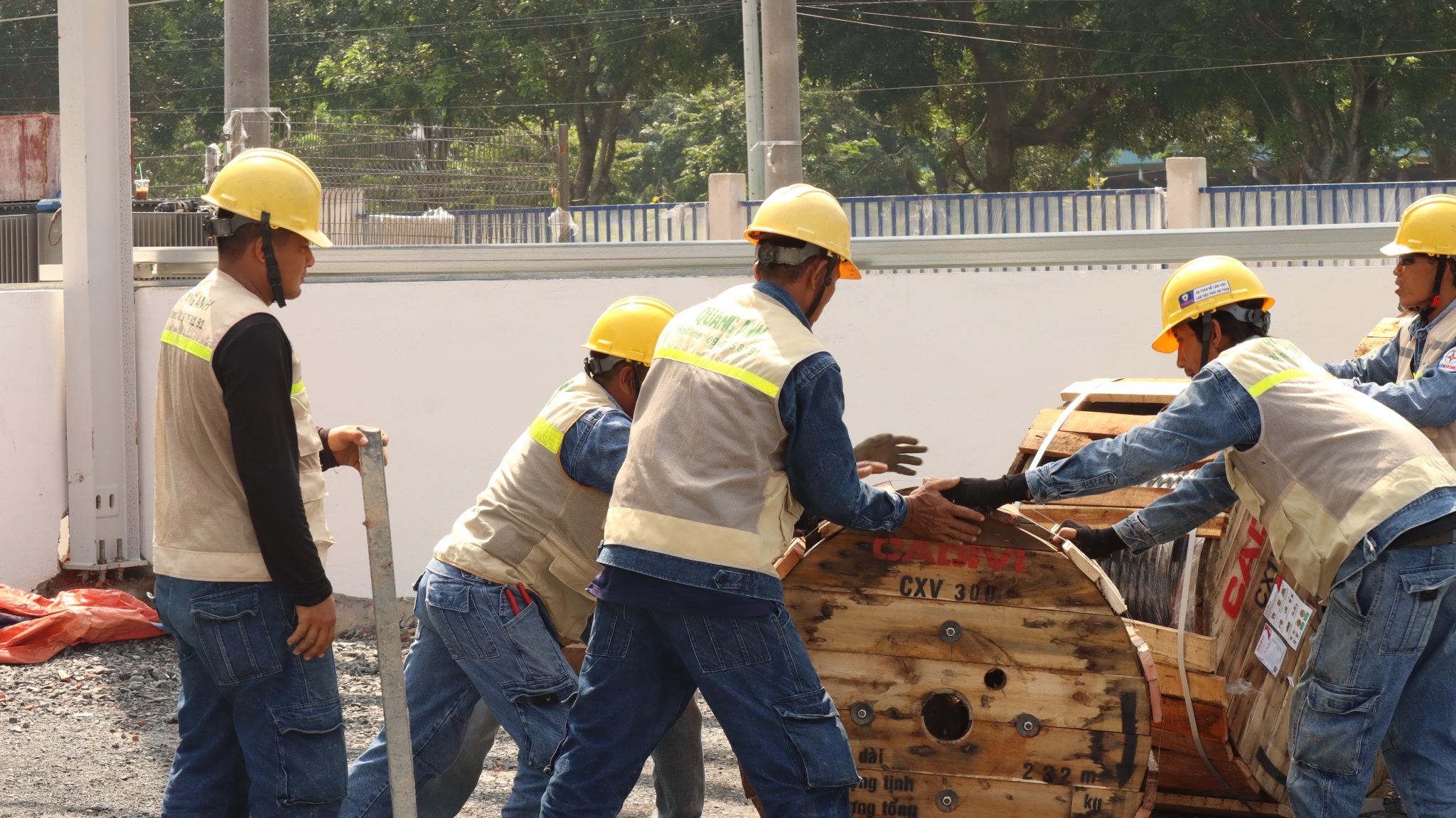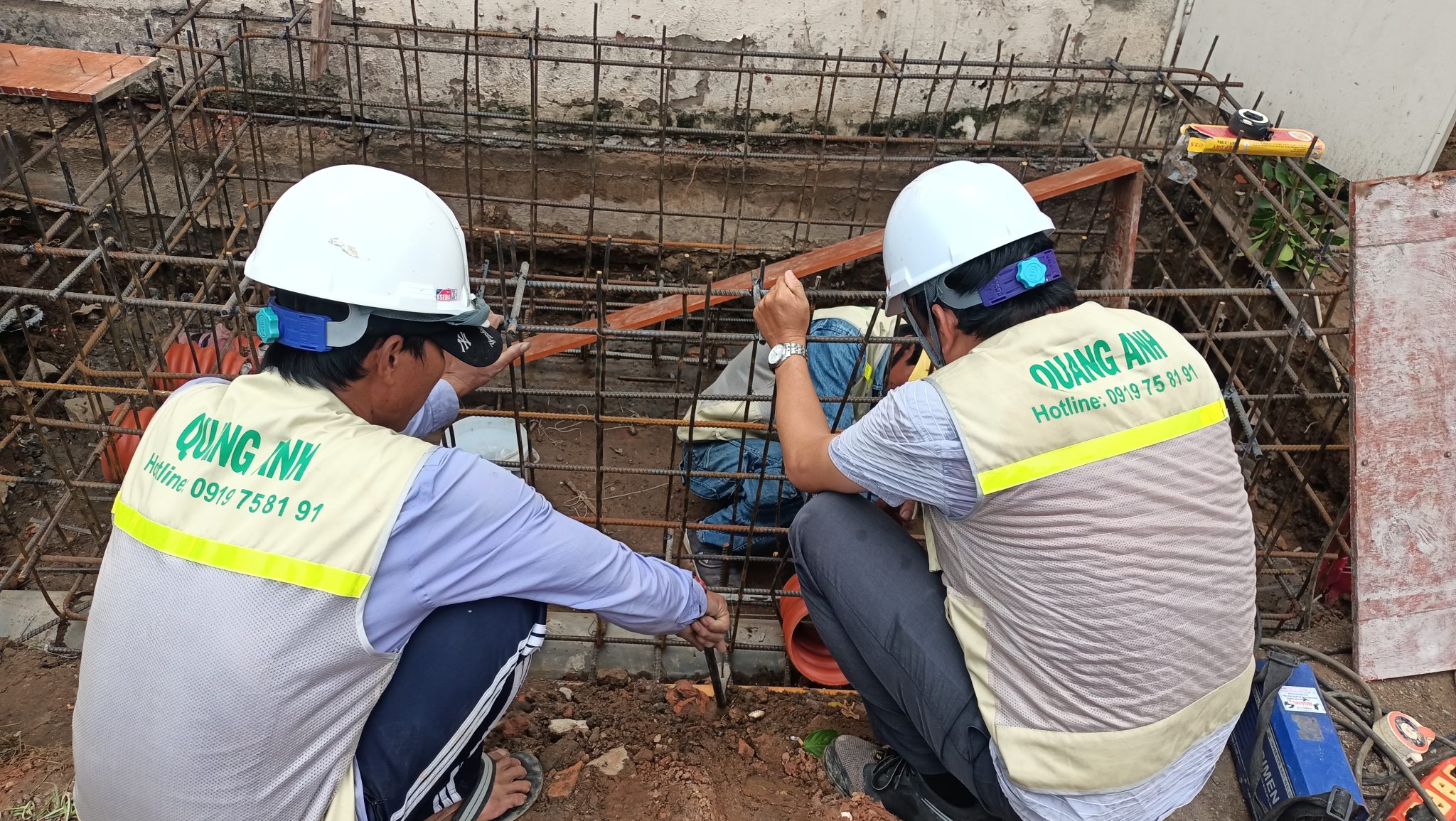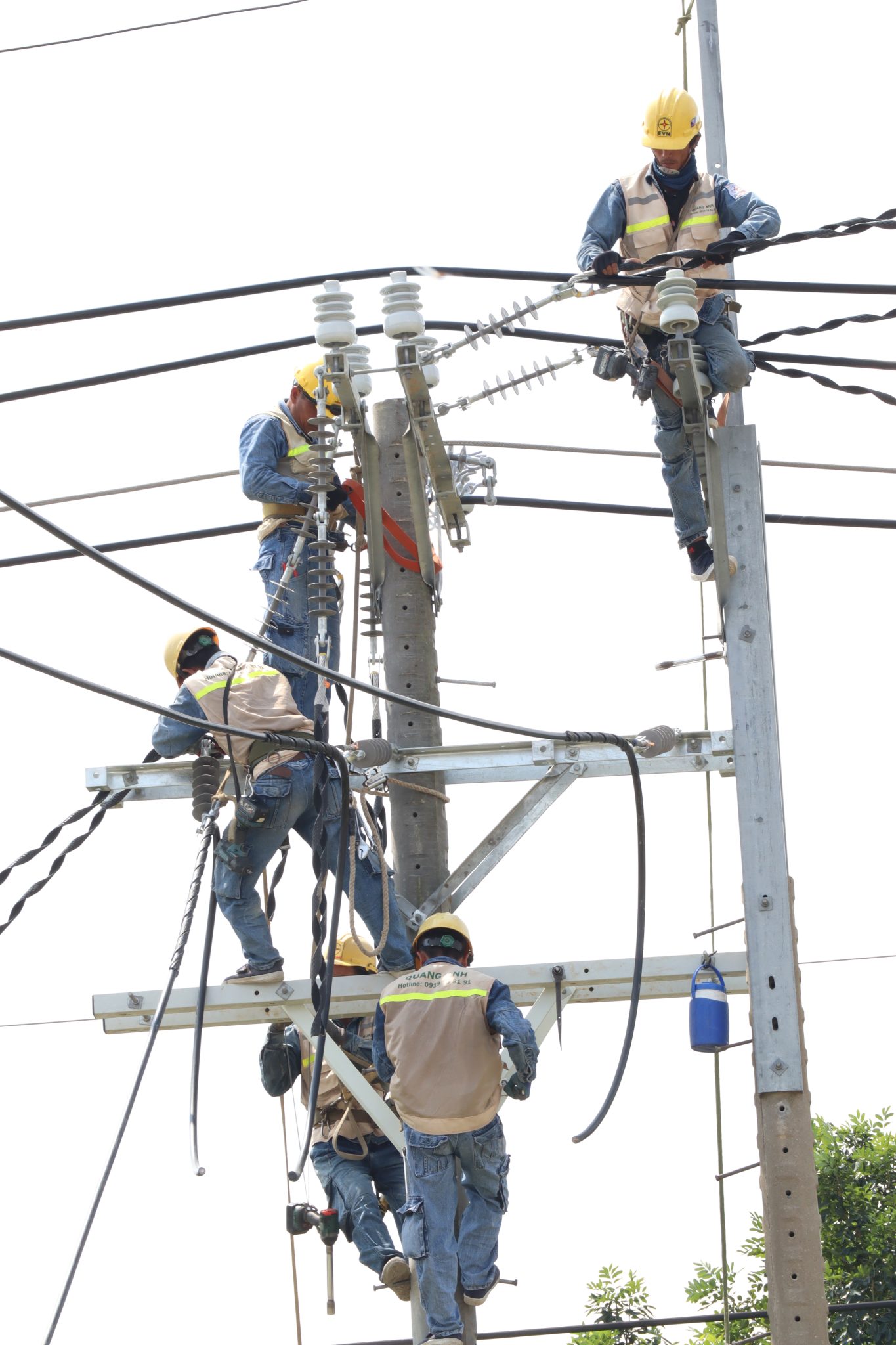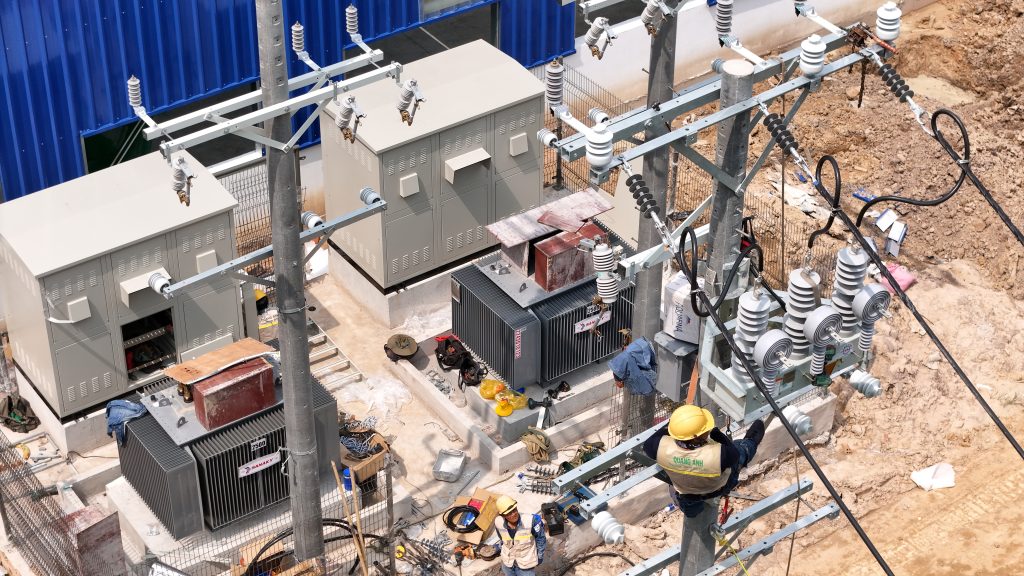News
Industrial Construction General Contractor: Efficient Management and Execution for Industrial Projects
The industrial construction general contractor is responsible for managing, organizing execution, and completing industrial projects from design to operation, ensuring schedule, quality, and safety.
Management and Organization of Industrial Project Execution
Industrial construction general contractors ensure comprehensive management, including schedule, cost, and quality, to meet investment requirements and delivery plans. With integrated project management, investors can be assured of the synchronization and progress of the project execution, minimizing cost and time risks.
In the process of construction project management, organizing the execution of industrial projects requires adherence to the international project management standard ISO 21500:2012. These crucial steps ensure execution on schedule, quality control, and comprehensive project risk management.
-
Project Initiation: This is the first step to clearly define objectives, scope, and strategic vision. Build a Project Charter as a basis for connecting stakeholders, analyze feasibility and potential risks.
-
Project Planning: This task includes specifically dividing tasks, forecasting resources and budget. A detailed execution plan is developed to ensure feasibility and consensus. This is the foundation for industrial general contractors to effectively achieve set goals.
-
Project Implementation and Execution: At this stage, the actual execution takes place with proper mobilization of workforce and resources. Close coordination between departments and on-site supervision is crucial to accurately control construction quality.
-
Project Monitoring and Control: Closely track and evaluate progress, quality, and cost for timely adjustments. This control ensures the project stays on track and risks are effectively managed.
-
Project Closure: Upon completion, acceptance and handover are conducted. The entire construction process is summarized, evaluated, and lessons learned, aiding process improvement for future projects.
Some essential factors in management and organization of execution include:
- Clear role and responsibility assignment among project participants.
- Detailed planning based on technical analysis and site reality.
- Continuous financial and resource control to avoid waste.
- Risk management with response plans for unexpected situations.
- Quality and labor safety monitoring to ensure technical standards.
- Effective communication among stakeholders to timely address incidents.
Compiling management principles and procedures helps execute industrial projects effectively, meeting schedules, ensuring quality, and optimizing costs.

Design and Technology in Industrial Construction
Industrial construction general contractors provide turnkey design and execution services. They apply modern technology such as intelligent M&E systems and green technology to optimize energy and operation. This helps factories operate more efficiently and save long-term costs.
Design and technology in industrial construction are making remarkable strides recently, especially in optimizing efficiency and sustainable development. This progress is reflected in the application of modern technologies like AI, IoT, Building Information Modeling (BIM), new construction methods, and green building materials.
Notably, the application of AI and IoT in project schedule management, energy monitoring automation, maintenance, and security brings higher operational efficiency and significantly lowers costs. Construction companies are fully leveraging BIM technology to create 3D digital models for projects. This not only supports well during the design phase but also helps reduce errors in construction and maintenance.
Furthermore, the promotion of using green building materials like recycled concrete and eco-bricks is increasingly encouraged. This is part of the effort to reduce carbon emissions and increase recyclability, aligning with the goal of establishing green industrial development. Advanced construction methods like modular building and 3D printing are also being widely adopted. These methods not only cut down on construction time by up to 50% but also minimize labor demands.
Current industrial design also intensifies the integration of renewable energy technology such as solar and wind energy. These energy-saving solutions help reduce operational costs and enhance comprehensive energy efficiency. Additionally, digital transformation through project management software and IoT sensors is enhancing smart construction project management, with particular attention to labor safety and quality control.
In the context of modern development, sustainability and environmental friendliness are prioritized with the goal to achieve green standards for buildings. These innovations are predicted to continue to thrive and create breakthroughs in the industrial construction sector from now until 2025.

Support and Warranty for Industrial Projects
Many industrial construction general contractors commit to providing long-term customer support even after project completion. They offer after-sales and warranty services to minimize operational and maintenance issues, reduce investor risks, and ensure the long-term stability of the project.
Support and warranty for industrial projects are critical factors in managing and operating construction projects, ensuring performance and reliability throughout the project lifecycle.
Regulations on construction warranty
Construction warranty is the responsibility of the contractor under the Construction Law 2014 and Decree 06/2021/NĐ-CP. Specifically, the warranty period is based on the project scale and type of capital:
- Special class works and class I: Minimum 24 months if using public investment or non-public investment state capital.
- Other class works: Minimum warranty of 12 months.
- Technological equipment: Warranty period as specified by the contract but not less than the manufacturer’s warranty period.
Warranty contracts must clarify rights and responsibilities, warranty methods, and defect handling measures.
Industrial Warranty Process
The industrial warranty process includes the following steps:
- Error notification from the owner to the investor, requesting the contractor to carry out the warranty.
- The contractor is responsible for costs and conducting the warranty and has the right to refuse if the error is not their responsibility or due to uncontrollable causes.
- The investor inspects and accepts after the warranty is completed.
Technical Support and Troubleshooting
Technical support for projects is always accompanied by the warranty process. This includes detailed warranty planning, ensuring continuous system operation, and prompt response to incidents. Contractors must promptly send specialists to coordinate problem resolution upon notification.
Warranty Guarantee
The warranty guarantee ensures the contractor fulfills their warranty obligations on time. Banks like Techcombank usually issue this guarantee under specific conditions.
Project Warranty Responsibility
- Contractor: Primarily responsible for construction warranty.
- Investor: Has the right to request, inspect and accept the warranty.
- Owner/Project Manager: Cooperates and confirms during the warranty period.
Industrial support and warranty play a crucial role, ensuring projects reach high operational standards and adhere to set construction warranty regulations.

The industrial construction general contractor optimizes costs, schedule, and quality for industrial projects. Comprehensive management integration and long-term support reassure investors about risks and project performance.
For more details about our services, please contact QuangAnhcons – Hotline: +84 9 1975 8191.
QuangAnhcons provides industrial construction general contractor services, ensuring comprehensive project management from design to execution and long-term support after project completion.

 Tiếng Việt
Tiếng Việt 简体中文
简体中文 Deutsch
Deutsch 日本語
日本語 한국어
한국어 ไทย
ไทย Русский
Русский Français
Français
